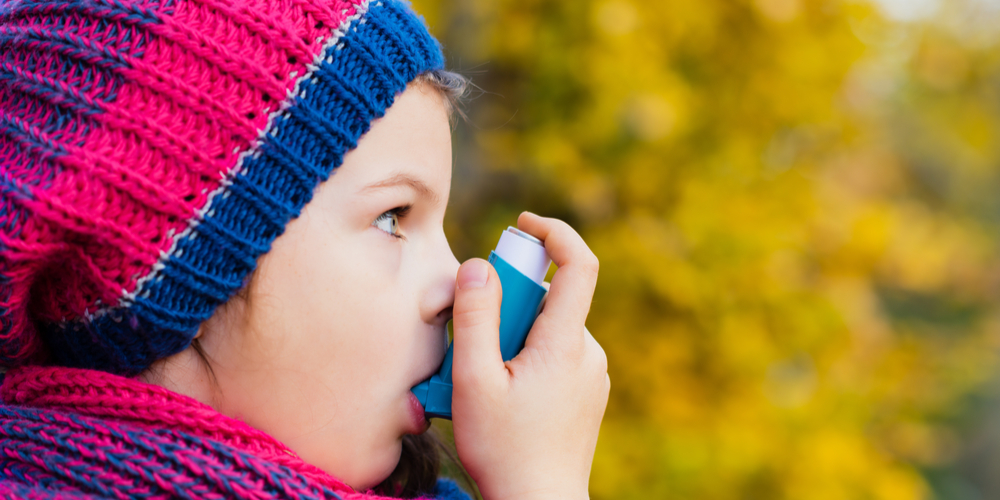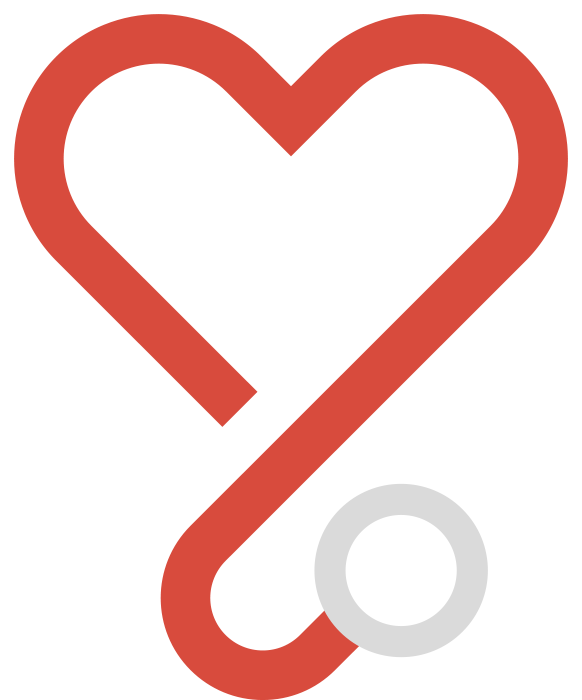
Children are extremely vulnerable to illness as their immune systems are not fully developed. This section will outline the most common illnesses that affect children and offer advice on how to keep your children as healthy as possible.
Diet is extremely important during childhood; a healthy diet will help a child to grow and develop and will ensure a strong immune system. Children should be offered fruit and vegetables from an early age; those who eat such foods from an early age are more likely to have good eating habits throughout adolescence and adulthood. Calcium is also extremely important for children; this mineral helps to form strong bones, teeth and nails.
Encourage your children to help during the preparation of meals; this will foster good habits, which can be carried into adulthood and help children to understand the benefits of eating a wide range of healthy foods. Children should also be encouraged to take part in regular exercise; this can be fun and a great way of making friends, as well as an excellent way to keep fit and healthy.
Colds, coughs and ear aches
Children are prone to coughs and colds, especially if they attend nursery or school where infections seem to be constantly going around. Colds are viral and therefore cannot be treated; however, taking over the counter medications such as Calpol can help to ease the symptoms of coughs and colds, such as aching muscles and a raised temperature. You should consult your GP or pharmacist before giving children any medication and follow the recommended dosage. If your child is suffering from a cold, you should try to ensure they drink plenty of fluids, wrap up warm and have plenty of rest. If the child’s temperature is extremely high it may be necessary to get them checked over by a doctor as this can be symptomatic of other more serious illnesses.
Many children also suffer from ear aches when they have a cold or fever; often antibiotics can fight these infections but children may require pain relief as these aches can be very uncomfortable; you should consult your GP or pharmacist for advice on pain relief. Many children grab hold of their ears when they are suffering from ear aches; if this is the case you should take them to the doctor who will be able to look in the child’s ear using an auriscope.
Meningitis
Meningitis often has many of the same symptoms as a heavy cold; these include a soaring temperature, nausea and vomiting and restlessness. Breathing may also become rapid and irregular and the child may become drowsy, lethargic and pale; in babies the fontanelle (the soft hollow on the top of the baby’s head, may become inflamed). If the skin becomes irritated and patchy you should place a glass on it; if the colour of the spots does not fade you should contact your GP immediately or phone the emergency services. Most children recover from meningitis but it can be extremely dangerous and in some cases it may prove fatal; it is essential to have children checked over as early as possible and if you cannot get hold of your GP do not hesitate to call an ambulance.
Chicken Pox
Most people suffer from chicken pox at some stage during their childhood. Chicken pox is a viral infection, which is highly contagious. Chicken pox is easily diagnosed as it presents itself in the form of red spots all over the body; these spots are very itchy and can be a source of great distress for many people. You should try to prevent children from touching or scratching the spots as this can delay the healing process and cause scarring in later life. If children have chicken pox they should stay isolated for a period of roughly one week after the spots have become visible; by this time, the spots will have scabbed over and will not be infectious any longer. There are lotions available which help to reduce the feeling of itchiness; you can ask your pharmacist or GP about available options.
Asthma
The number of children suffering from asthma has increased steadily in recent years. Asthma affects the airways and causes problems with breathing. Extreme asthma can be fatal and it is therefore important to seek the advice of your GP in order to receive suitable medication; once medication has been prescribed it is important to keep to the recommended dosage and keep the medication with you at all times. Many children will grow out of asthma but some may suffer throughout their lives. The chances of suffering from asthma can be significantly increased by living in a smoky or damp environment. Animal hair and dust can also affect asthmatics.
Eczema
Eczema is fairly common in children and usually appears as an area of dry looking, irritable skin. Eczema is usually very itchy but is often made worse by scratching so you should try to stop your child from touching any affected areas. There are several creams, lotions and bath soaks available to reduce the feeling of itchiness and soothe the affected areas; your GP or pharmacist will have details of all the available options. Many children grow out of eczema before they reach adulthood.
Teething
Teething is often a very uncomfortable and painful process for young children. Many children suffer from a high temperature during teething and often they may be restless and clingy. Pain relief may help to soothe some of the symptoms of teething; you should consult your GP or pharmacist prior to administering any medication. There is a also a wide range of teething gels which can be applied to the gums in order to soothe pain and swelling; these are available at many shops and pharmacies.
